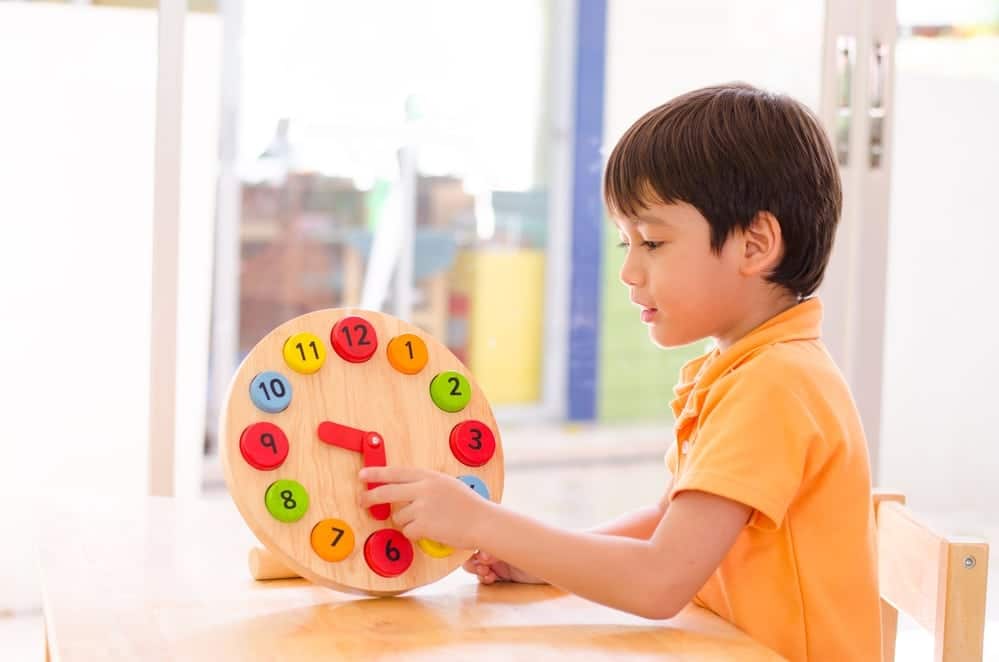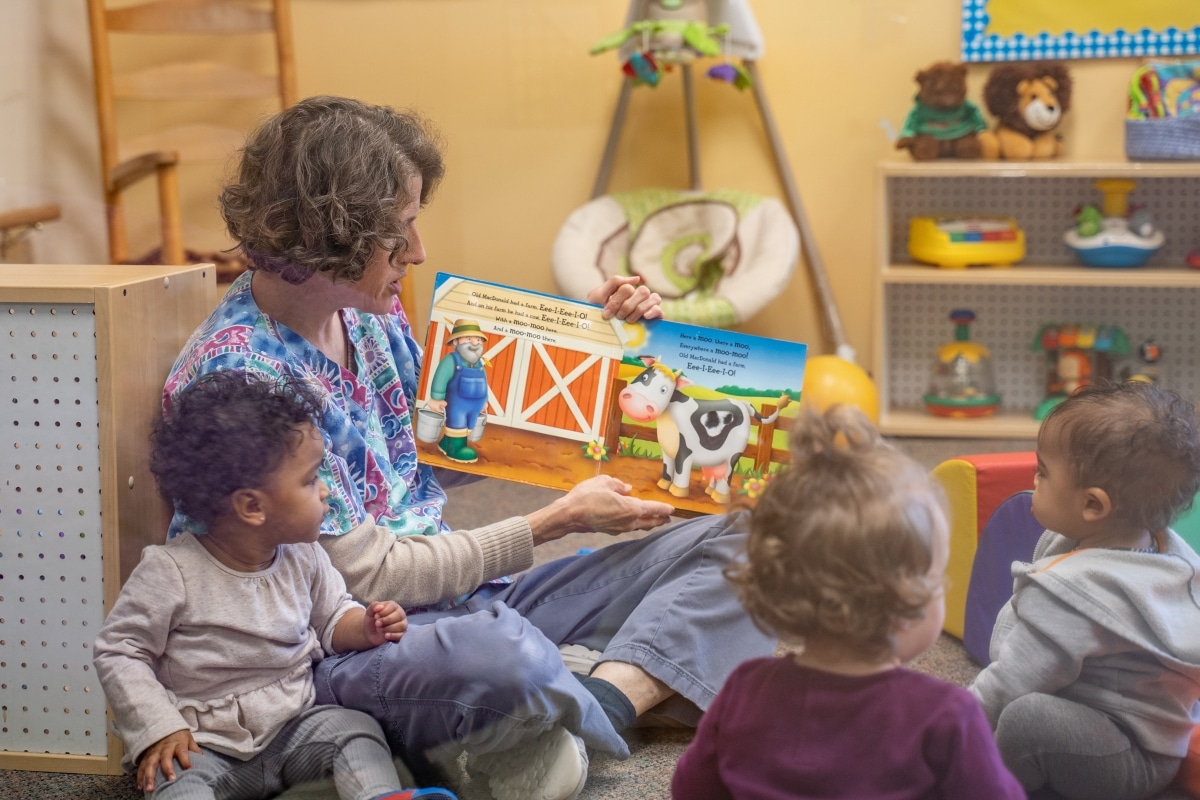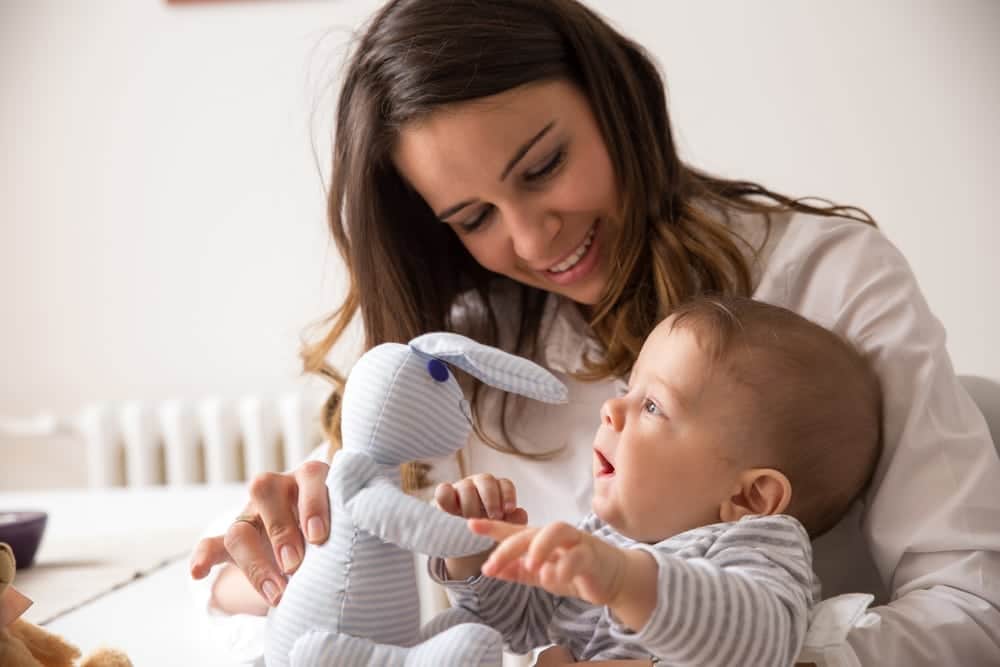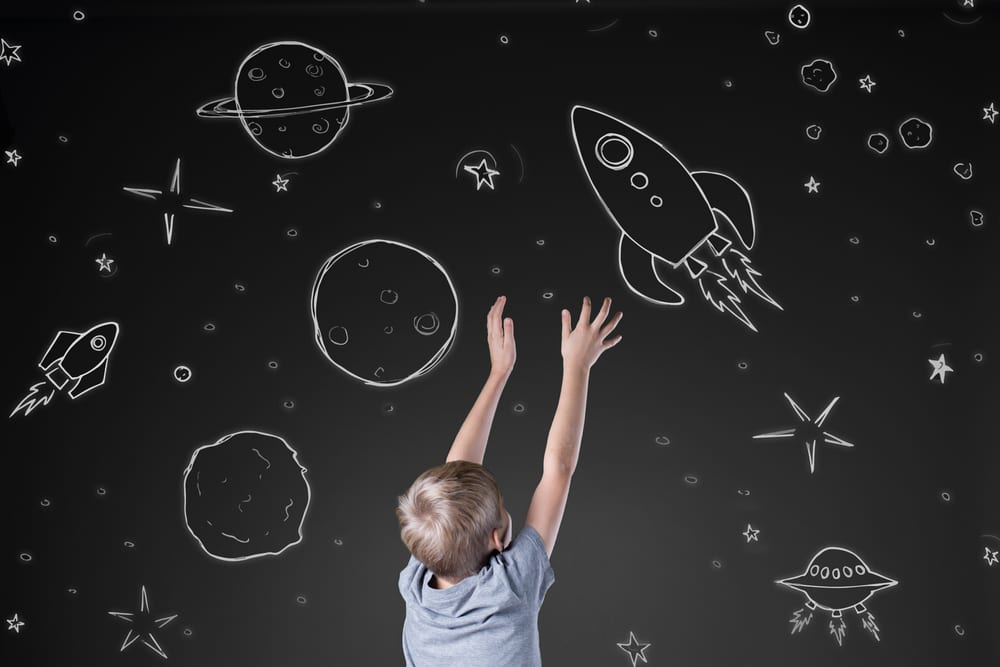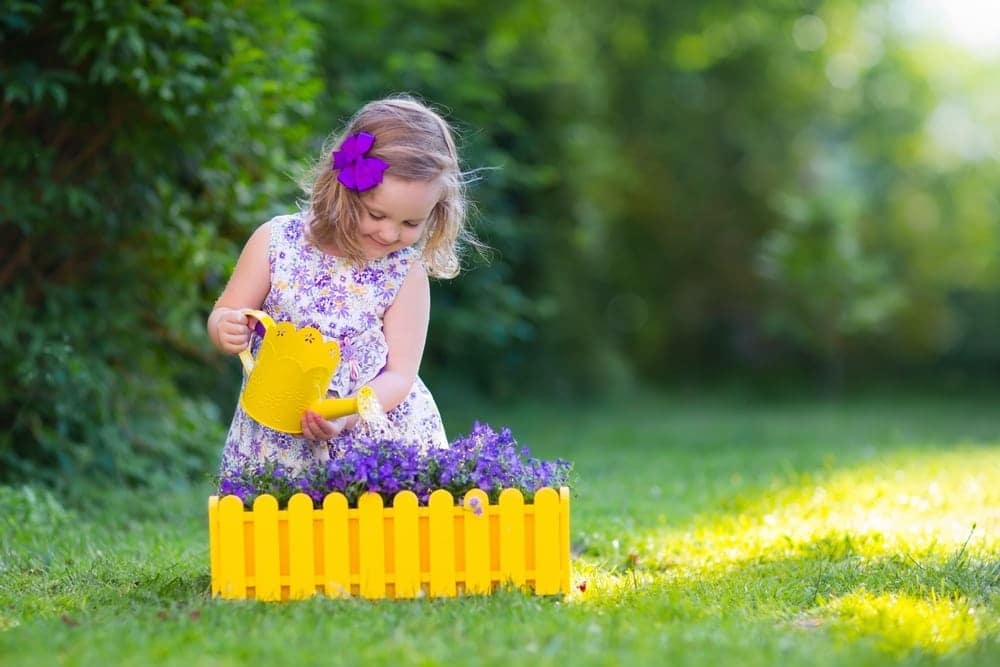By Kristi Ockuly
As a Montessori teacher for more than twenty years, and as a mother of five, I can attest to the fact that all parents wonder about the experience their young children will have in school. If they are in preschool, parents wonder about elementary school. Elementary school parents wonder about the middle school and so on until, well, forever…I guess. We wonder if they’ll like it. We wonder if they’re safe. We wonder if their next teacher will see all the wonderful things that we see. Mostly, we wonder if they’re ready. Have they been sufficiently prepared so that they are ready for their next experience? While, all experiences will be different, when it comes to being ready for the kindergarten experience, there are a few things that we early childhood teachers focus on. We also like to encourage the parents of our students to reinforce these things at home.
The Big Three: Social, Emotional, Academic
The last installment in our miniseries is about academic development and what that involves. In most parents’ eyes, the academic skills of their child are the first thing they think of when they ask themselves if their child is ready for kindergarten. After all, academic skills are measurable and are the basis of how children are graded in most schools. However, as we have learned through this miniseries, academic skills are just one part of the whole that makes up your child’s readiness. Just as the Montessori classroom fosters emotional and social development, it also teaches the child independent learning that far exceeds the “standard academic expectations” for kindergarten readiness.
In this installment, we will discuss what academic development is and what you can do at home to help your child gain stronger academic skills. The balance of Montessori learning and at-home learning will help prepare your child for well-rounded educational success.
What is Academic Development?
Components of this category are often considered the primary reason for school. Academic development consists of classical education including reading, counting, art, music, scientific exploration and other important aspects of the world such, as geography and the like. To get your child ready for kindergarten, consider these aspects.
Reading- Have books available throughout your home, especially rhyming books, picture books or anything the child seems to enjoy. Get them to enjoy reading by reading to them and even pointing to the words. Ask questions about the book when finished. (Who was in the book? What was it about?)
Math- Practice counting forward and backward. Practice grouping items. Ask questions like, “What is one more than this? Or one less? Or ten more? Or ten less? Count everything.
Art– Let them produce art from their own imagination. Also, show them art and discuss with them what they like or dislike about a piece of art.
Writing- Provide writing opportunities using various media including crayons, colored pencils, markers, pen, pencils, chalk. Let them write their name in all styles – upper case, lower case, and cursive.
Science-Let them experiment in the world. They may try to explain what they see. Try to let them formulate those ideas on their own. Let them walk in nature and wonder about the various forms of life.
TIPS FOR PARENTS
- Let mistakes happen.
- Build in time to allow them to button and zip their own clothes.
- Give small and simple chores. Point out where counting and reading might be important for chores. For example, how many plates, forks, knives, and cups are needed for setting the table for the whole family.
- Read often. Let them read what they can or even make up words for picture books.
- Give them a notebook and encourage them to write in it.
- Play “I spy…” with letters and numbers.
- Play games, such as board games, which develop fine-motor skills, and sports, which develop gross motor skills.
Conclusion:
It’s our goal, as parents and educators, to create a well-rounded, positive and caring environment for our children to prosper and thrive in. Step By Step Montessori Schools believes in working side-by-side with parents to create a fun, independent and challenging educational path for our students. Open communication and feedback are essential to making sure your child is not only academically ready for kindergarten, but also socially and emotionally ready as well. This “whole” approach to learning will set your child on the right path for educational success.
More in this series: Is My Child Ready for Kindergarten Socially?, Is My Child Ready for Kindergarten Emotionally?

